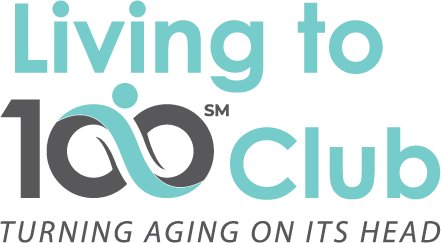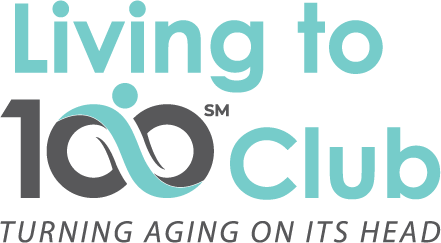The following terms may be useful when describing the speech, behavior, or appearance of an older adult as they relate to possible mental disorders. These may be observed in a senior living setting. Correctly communicating the observations can be helpful to other health care team members.
- Abulia: loss of willpower; “cognitive abulia” occurs when a profound memory disturbance where the individual cannot maintain a thought long enough to complete a purposeful action.
- Acute – rapid onset, may be short-term and reversible.
- Agnosia – loss of the power to recognize sensory stimuli; e.g., tactile agnosia refers to the inability to describe a common object by mere touch.
- Akathesia – inability to sit still.
- Aphasia – loss of the power of self-expression in speech or writing.
- Apraxia – loss of the ability to carry out skilled, purposeful movements. This is not due to a motor impairment; e.g., using a toothbrush.
- Ataxia – gait disturbance, characterized by unsteadiness.
- Blocking – impaired recall, or interruption of thought or speech.
- Bulimia – abnormal increase in the craving for food.
- Catastrophic reaction – intense anxiety state because of the inability to follow through on what was intended.
- Delirium – mental disorder characterized by disorientation, confusion, and altered or clouded state of consciousness.
- Delusion – a false belief, usually fixed, and not subject to change when contrary evidence or reasoning is presented.
- Disorientation – impaired awareness of self in relation to time (day, date, etc.), space (location), and person (name).
- Dysarthria – explosive, slurred speech.
- Echopraxia – imitation of the movement of others.
- Echolalia – imitation of the sounds and statements of others.
- Hallucination – a false sensory perception; may be distortion in visual, auditory, smell, touch, and taste perceptions. “Hearing voice” or “seeing bugs crawling all over” are typical examples of hallucinations.
- Illusion – misperception of a real, external experience; e.g., misperceiving a shadow as an animal.
- Labile – emotional lability, or swings in emotional expression, or feeling tone; e.g., between excitability and withdrawal.
- Panic – severe, overwhelming anxiety which can lead to terror and disorganization.
- Perseveration – continued repetition of a sequence of movements or phrases.
- Regression – return to more primitive, even infantile, modes of behavior and gratification.
- Sensorium – state of mental clarity and consciousness at a given time; e.g., clouded sensorium in delirium.
- Sundowning – a change in the behavior of demented persons occurring “after the sun goes down,” i.e., in the late afternoon and evening hours. It possibly is related to reduced environmental night-time cues and structure.
These signs often seen in mental disorders are from a text, Aging and Mental Health: A Comprehensive Guide to Working with the Elderly. This was co-authored by Drs. Joe Casciani and Stanley Rest, under contract with the California Department of Aging. This article about terms to describe observations is referenced in the Living to 100 Club’s new publication, Better, Longer & Happier: A Guide to Aging with Purpose and Positivity.


